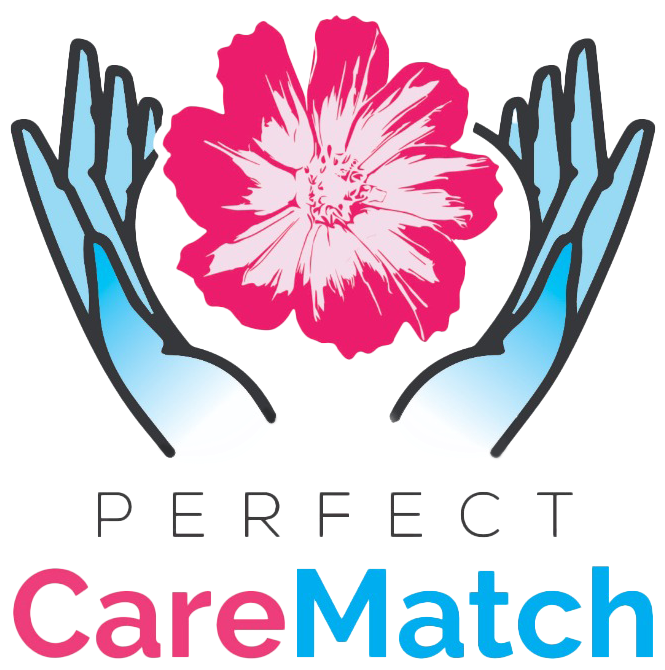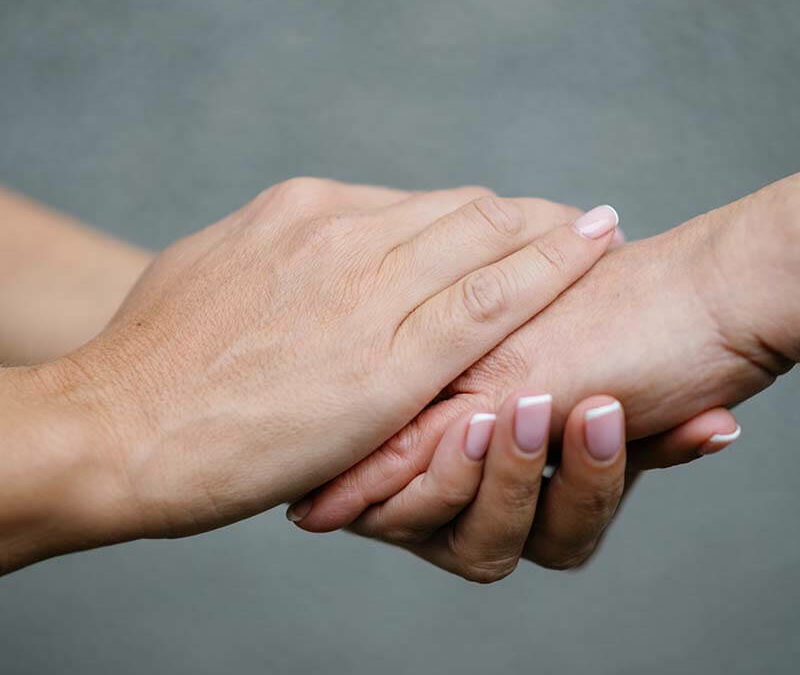Maintaining healthy skin integrity is not just a routine aspect of senior care but a critical one. As we age, our skin becomes more fragile and susceptible to damage, making it essential to take extra care. Failure to do so can lead to serious health risks such as pressure ulcers (bedsores), infections, delayed wound healing, and other skin conditions. Each of these risks also contributes significantly to discomfort and pain, and in many cases, can be avoided with proper preventive measures, hygiene protocols, and close monitoring by skilled caregivers.
In a study published in the Journal of Clinical Interventions in Aging, researchers found that maintaining healthy skin integrity in older adults can significantly improve their quality of life and reduce the risk of more severe complications. Properly maintaining healthy skin integrity is essential for overall health and well-being, especially for individuals at risk of skin issues due to immobility or incontinence.
Some Examples of Skin Integrity Diseases or Infections Affecting Seniors Include:
- Pressure ulcers
- Cellulitis
- Impetigo
- Fungal infections (such as athlete’s foot or ringworm)
- Eczema
- Psoriasis
- Dermatitis (such as contact dermatitis or seborrheic dermatitis)
- Boils or abscesses
- Herpes simplex or herpes zoster (shingles)
- Infected wounds or cuts
More serious skin infections include Clostridium difficile (C. diff) and Methicillin-resistant Staphylococcus aureus (MRSA). Detecting symptoms and issues early before they develop further can prevent pain and discomfort and unnecessary hospitalizations, which can further expose elderly patients to contagions and infections.
In-home caregivers are vital in promoting healthy skin integrity and reducing the risk of more severe impacts. Their role in conducting regular, proactive skin assessments, practicing proper hygiene, and using specialized skincare products is not just important but integral to the care process. Ensuring personalized skincare protocols and regular observation of risk factor sites can aid in maintaining overall skin health and can help prevent pressure ulcers and infections.
Harmful results of deteriorating skin integrity, such as skin ulcers, can be caused by various factors, including poor circulation, pressure from prolonged periods of immobility, chronic illnesses such as diabetes, and infections. Preventing such issues requires maintaining good skin hygiene, keeping the skin clean and moisturized, regularly checking for any signs of skin breakdown, and avoiding prolonged periods of immobility.
Pressure-relieving devices such as cushions or mattresses can help reduce the risk of pressure ulcers. Regularly changing positions and performing gentle exercises can also improve circulation in areas and help promote healthy skin integrity. Caregivers play a crucial role in identifying early warning signs such as redness, swelling, pain, and itching and preventing skin ulcers, infections, and related health issues that can emerge if left untreated.
Ensuring proper nourishment and hydration are also crucial for skin health. A study published in the Journal of the American Academy of Dermatology highlighted the importance of a balanced diet rich in vitamins, minerals, and antioxidants for skin health. Foods high in omega-3 fatty acids, such as fish and nuts, can help improve skin elasticity and hydration. In-home caregivers also help ensure patients receive medically appropriate, nutritious meals and hydration. Regular skin assessments and monitoring provided by trained caregivers can help catch any issues before they escalate.
Sensitive and Effective Incontinence Care
While not the only factor, ensuring proper incontinence care is critical to maintaining healthy skin integrity for seniors. Incontinence can be challenging for individuals and their families, but in-home caregivers are trained to provide sensitive and effective care for those experiencing incontinence. From assisting with changing pads to implementing toileting schedules, caregivers offer support that helps manage incontinence and maintain comfort. A study published in the Journal of Wound, Ostomy, and Continence Nursing emphasizes the importance of personalized incontinence care in preventing skin breakdown and promoting skin health (Brown et al., 2018). By addressing incontinence with compassion and expertise, caregivers play an essential role in helping elderly patients maintain health, dignity, and confidence.
Incontinence care is often thought of as cleaning and changing patients, but it is much more than that, points out Leah M. Doroch, CEO of Perfect Care Match (PCMatch). “Ensuring proper protocols and close monitoring to ensure healthy skin integrity is vital to patient safety and overall health.”
In-home caregivers play a crucial role in protecting skin integrity by closely monitoring and assessing areas of concern, implementing proper hygiene practices, and ensuring appropriate pressure-relieving devices and protocols. They also play a key role in preventing infections by maintaining a clean and sterile environment, following proper infection control protocols, and closely monitoring patients and risk factor sites for any early signs of change or infection. Additionally, caregivers help prevent pressure ulcers and other skin integrity health risks by promoting mobility, repositioning clients regularly, and ensuring proper nutrition and hydration.
Dignified Hygiene Assistance
Maintaining personal hygiene is essential for overall well-being, and in-home caregivers play a vital role in assisting clients with toileting and bathing. Whether helping with toileting tasks or providing support during baths or showers, caregivers ensure clients feel comfortable and dignified. Research published in the Journal of Gerontological Nursing highlights the importance of personalized assistance with toileting and bathing in maintaining hygiene and preventing skin infections. By offering compassionate care and respecting the client’s dignity, caregivers help promote independence and self-esteem and make their clients feel valued and respected.
Overall, in-home caregivers play a vital role in maintaining their clients’ overall health and well-being through proactive care and monitoring. From helping with ambulation and transfers to providing support with toileting and bathing, caregivers offer services that promote independence and enhance quality of life. By providing skilled and compassionate incontinence care, conducting regular skin assessments, and collaborating with peripheral healthcare providers, in-home caregivers can help to proactively prevent and protect elderly patients from the development of skin ulcers and infections.
If you or a loved one is experiencing skin health-related symptoms or ulcers, it is essential to seek medical attention. Proper treatment and care are essential for healing. Early detection is key to maintaining skin health and preventing serious complications.
PCMatch caregivers closely monitor skin integrity and any changes and provide ongoing and proactive communication with patients’ peripheral, skilled providers to prevent infection and other risks such as skin ulcers.
Contact us today at info@PerfectCareMatch.com or call 1-833-PCMATCH to learn more about our flexible caregiving options and programs.
References:
– Smith, A., et al. (2019). The impact of personalized assistance on ambulation and transfers in elderly individuals. Journal of Aging and Health, 31(2), 145-162.
– Jones, B., et al. (2020). Personalized assistance with toileting and bathing: A key aspect of maintaining hygiene in elderly individuals. Journal of Gerontological Nursing, 46(3), 28-35.
– Brown, C., et al. (2018). The role of in-home caregivers in managing incontinence and promoting skin health. Journal of Wound, Ostomy, and Continence Nursing, 45(4), 72-80.
– White, D., et al. (2017). Personalized skincare interventions for promoting healthy skin integrity in elderly individuals. Journal of Clinical Nursing, 26(1-2), 89-97.


The emphasis on proactive skin assessments and personalized care protocols is crucial for preventing skin issues in seniors. By regularly monitoring skin integrity and implementing tailored skincare routines, caregivers can significantly reduce the risk of pressure ulcers and infections. This approach not only improves patient comfort but also enhances their overall quality of life, making it a vital aspect of senior care.
The detailed discussion on the impact of incontinence care on skin health highlights an important aspect of caregiving. Proper incontinence management, including the use of appropriate products and maintaining a clean environment, is essential for preventing skin breakdown. This focus on both compassionate care and practical solutions ensures that patients’ dignity is preserved while addressing their health needs effectively.
The integration of advanced pressure-relieving devices and regular repositioning strategies is a commendable practice in maintaining skin integrity. These measures help to alleviate pressure points and improve circulation, which are critical for preventing pressure ulcers. Caregivers’ role in utilizing these tools and techniques reflects a proactive approach to managing skin health and preventing complications.
Highlighting the importance of a balanced diet for skin health is an insightful addition to the discussion. Proper nutrition is fundamental in supporting skin elasticity and hydration, which can be particularly beneficial for seniors. By ensuring that patients receive nutritionally appropriate meals, caregivers can further contribute to maintaining healthy skin and overall well-being.
The focus on dignified hygiene assistance is vital for enhancing the quality of care provided to seniors. Personalized support with toileting and bathing, while respecting patients’ privacy and comfort, helps maintain their dignity and self-esteem. This compassionate approach not only prevents skin infections but also fosters a positive and respectful caregiving environment.